
How to stop Microsoft using your Windows 10 lock screen to show ads
Sometimes it can feel as though I'm just looking for things to dislike about Windows 10, but just as I'm warming to the operating system a little more (in the last week I went as far as starting to write an article about how my opinion of Windows 10 had changed for the better. It remains unfinished), something else comes along to irritate me. I know I'm not alone, and the most recent annoyance is the appearance of ads on the lock screen.
You're probably more used to the idea of the lock screen being home to either a photo of your choice, or a randomly selected image from Microsoft that changes from time to time. Recently however, some users have noticed that these images have been replaced with ads for the game Rise of the Tomb Raider. If you want to ditch the lock screen ads, here's how to do it.

Bill Gates is wrong
I see something disingenuous about Microsoft cofounder Bill Gates supporting the government's demands that Apple selectively unlock an iPhone used by one of the San Bernardino, Calif. shooters. The former CEO turned philanthropist spoke to the Financial times in an interview posted today. The implications for Microsoft cannot be overstated, and the company's current chief executive should state corporate policy.
Gates' position aligns with the government's: That this case is specific, and isolated, and that the demand would merely provide "access to information". Here's the thing: The interviewer asks Gates if he supports tech companies providing backdoors to their smartphones. The technologist deflects: "Nobody's talking about a backdoor". Media consultants teach publicly-facing officials to offer non-answers exactly like this one. The answer defines the narrative, not the interviewer's question.
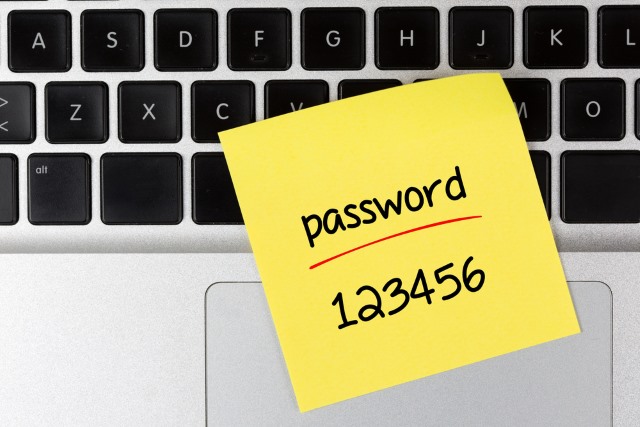
95 percent of US consumers share their passwords
It seems that convenience trumps security when it comes to passwords. Although 73 percent of US consumers believe sharing login details is risky, 95 percent do share between one and six of their passwords with other people.
A new survey by LastPass also reveals that only 19 percent of respondents say they don't share passwords that would jeopardize their identity or financial information, leaving a scary 81 percent of people who would share them.

Are you Digitally Enlightened or an Online Nudist?
According to the results of a new survey, while two thirds of US respondents say they would like extra layers of online privacy and security, their actions prove otherwise as few even use currently available tools.
The study by VPN provider Hide My Ass! has been used to categorize people into five different approaches to online life:

The role of collaboration in GDPR compliance
As the European Union reaches an agreement on the General Data Protection Regulation (GDPR), which will require companies to comply with state-of-the-art cybersecurity requirements, security firm Palo Alto Networks has surveyed businesses to see how much they know about cyber-security and where the responsibility lies.
The survey suggests much work still needs to be done, particularly in areas of collaboration and responsibility sharing.
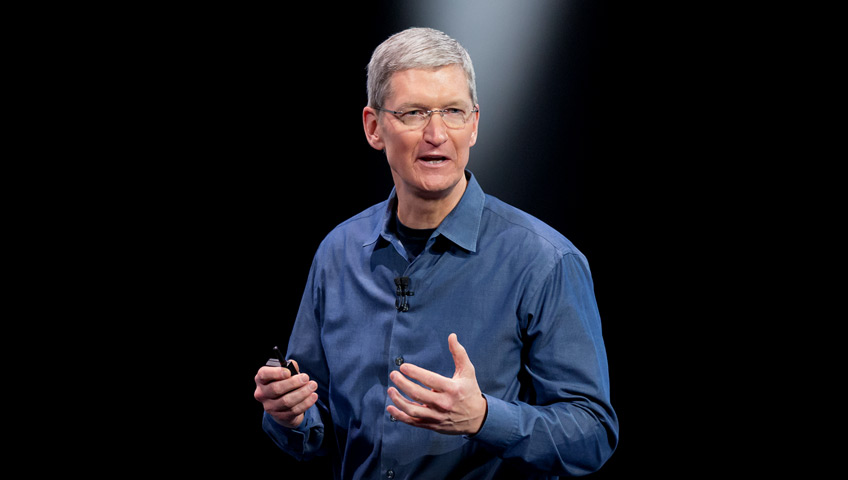
Tim Cook is absolutely right
Some documents are historically significant. They mark moments, comment on them, in manner demanding future citation and even use in courts or classrooms. That's how I read Apple CEO Tim Cook's "Open Letter to Our Customers", about breaking iPhone encryption. His exposition spotlights seminal moment in the United States of America: Government's further expansion of powers encroaching indiviuals' rights to privacy and one company standing up and saying "No".
Some people will scoff at my comparison, but it truly is what I see. Cook is like Rosa Parks, refusing to take a seat at the back of the bus—or in this instance behind one court judge and the FBI. Cook and Apple stand up for us all. I applaud law enforcement's efforts to protect us from terrorism but tyranny shouldn't be the means; taking away Constitutionally-given freedoms to protect them. Tim Cook is right.

Your VoIP phone could be used to spy on you
You should be careful when running voice-over-IP (VoIP) phones, as weak passwords could turn your device into a covert spying tool.
Security consultant Paul Moore says he has discovered how default and weak passwords on enterprise-grade Snom VoIP phones could allow attackers to make their own calls using your service, or listen to your conversations.

ID as a Service solution helps to secure digital access
Identity and access management (IAM) is a growing field, expected to be worth around $18 billion by 2019 according to a recent report.
This is partly down to cloud growth creating the need for a secure solution that can scale quickly, in on-premise environments and across cloud applications, without additional costs for installation and extra hardware.
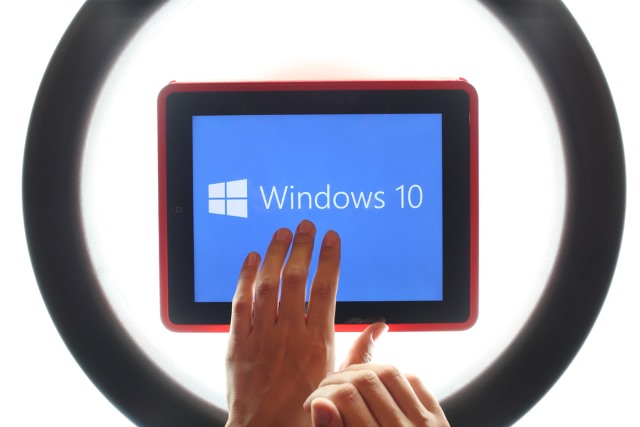
Windows 10 to be installed on 4 million US Department of Defense computers
Microsoft keeps shouting about the millions of users that have switched to Windows 10, and soon the company will have another 4 million to bray about. The US Department of Defense is the latest big name to give Windows 10 the seal of approval apparently unconcerned with the privacy and telemetry issues that have put off others.
4 million enterprise upgrades for Windows 10 is a real feather in the cap for Microsoft, and the aim is to get each system running the latest version of the operating system inside a year. The DoD has also announced that it is granting certification to Surface 3, Surface Pro 3, Surface Pro 4, and Surface Book devices, meaning that they now appear on its Approved Products List.
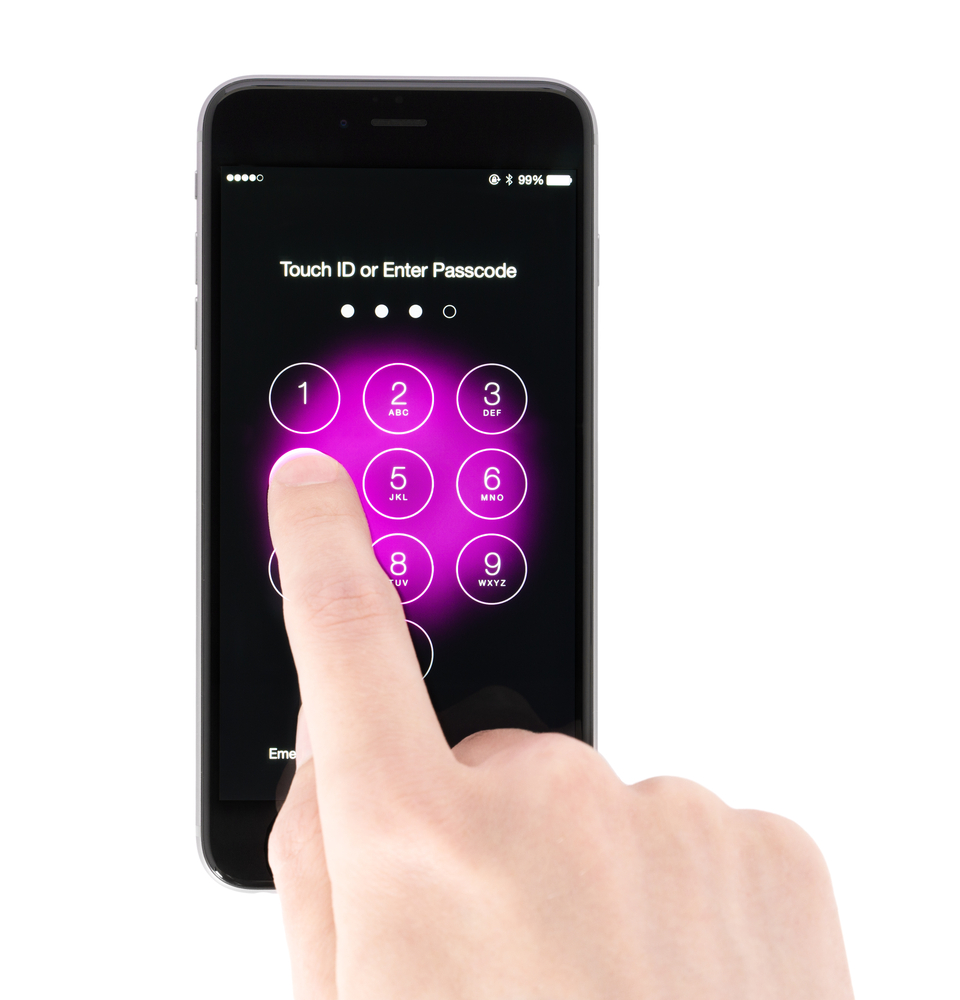
Why Apple is right to reject the order to unlock a killer's phone
Apple has been ordered by the US courts to help the FBI gain access to data on an iPhone belonging to San Bernardino gunman Syed Rizwan Farook. Farook and his wife killed 14 people in the California city late last year before being shot dead by police.
The FBI says the phone contains information crucial to the investigation, and needs Apple’s help to unlock it. Data on Apple devices is encrypted by default -- and has been since September 2014 -- which means no one, other than the device owner, can access it. And that includes Apple itself.

Mozilla wants to educate us all on encryption
Terrorists use encryption. They also breathe air, drive cars, and drink water. What do I mean by saying this? Well, just because a bad person uses something, doesn't make the thing they use evil. In fact, encryption is not evil at all -- it is a tool to protect the privacy and communications of all people.
Sadly, not everybody understands encryption. There is nothing wrong with being ignorant on a subject -- not everyone can be knowledgeable about everything. With that said, some politicians and other decision-makers could enact policy about encryption due to knee-jerk reactions to things they don't understand. Luckily, Mozilla has a new initiative aimed at educating people as to what encryption actually is.

Store your personal data in a HAT to keep it safe
As we use the internet we give away information to lots of sites from shopping portals to search engines. The growth of the Internet of Things is likely to see a further boost in the amount of data held and shared about us.
The Warwick Manufacturing Group (WMG) at the University of Warwick in the UK is working on £1.2 million HAT (Hub-of-all-things) research project to develop a platform technology where individuals can keep all their personal data in one place.

Mazar Bot malware can root and wipe Android smartphones
Security experts are warning about a new malware attack that targets Android users. Mazar Bot is delivered via SMS, is able to gain root access to devices, installs software including Tor, and can even go as far as completely wiping a victim's phone.
Mazar Bot was discovered by Heimdal Security whose researchers analyzed a text message that had been found sent to random numbers. The message purports to provide a link to an MMS, but in fact tricks recipients to install the malicious mms.apk -- Mazar Android BOT in disguise.
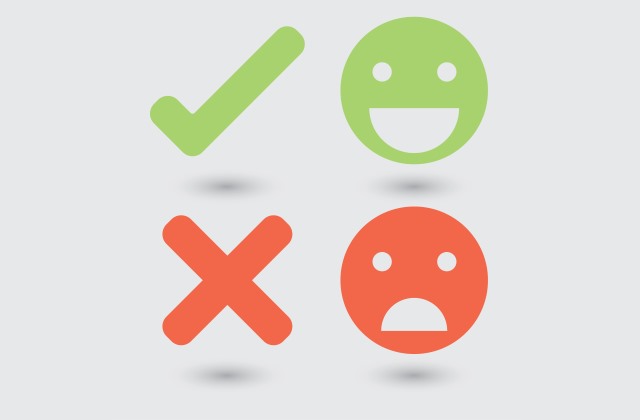
How much do you know about telemetry and privacy in Windows 10... and how much do you care?
Privacy concerns about Windows 10 have existed since the moment the operating system was released. Endless virtual column inches have been spawned from fears about the telemetry features Microsoft employs, and a small cottage industry has sprung up creating tools that disable 'spying' features. But for all of the words that have been spilled, how much does the average user know -- or indeed care -- about privacy issues, data collection and the like?
There's one thing that just about everyone can agree on: Microsoft did a terrible job of communicating information about data collection in Windows 10. We also know that the mere existence of data collection features has irked a lot of people. Microsoft listened to enterprise users and made it possible to completely disable telemetry in Windows 10 Enterprise, but the same courtesy has not been extended to home users. Are you bothered by this?
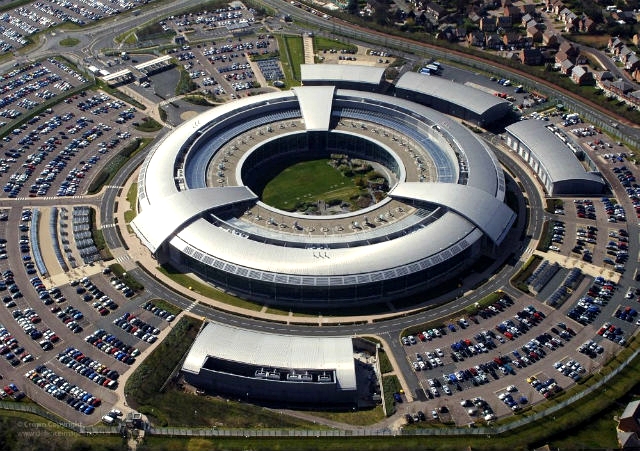
Court rules it is not illegal for GCHQ to hack computers
Privacy International has lost a court case that questioned the legality of GCHQ's hacking operations. The UK-based privacy and human rights charity launched a legal campaign after Edward Snowden revealed the spying and surveillance that was being carried out by the NSA and GCHQ.
In the course of the case, GCHQ admitted for the first time that it was involved in hacking devices and computers not only in the UK, but around the world. The Investigatory Powers Tribunal (IPT) ruled that activities such as the installation of keyloggers, the remote activation of microphones and cameras, and the use of malware by the intelligence agency is entirely legal.
